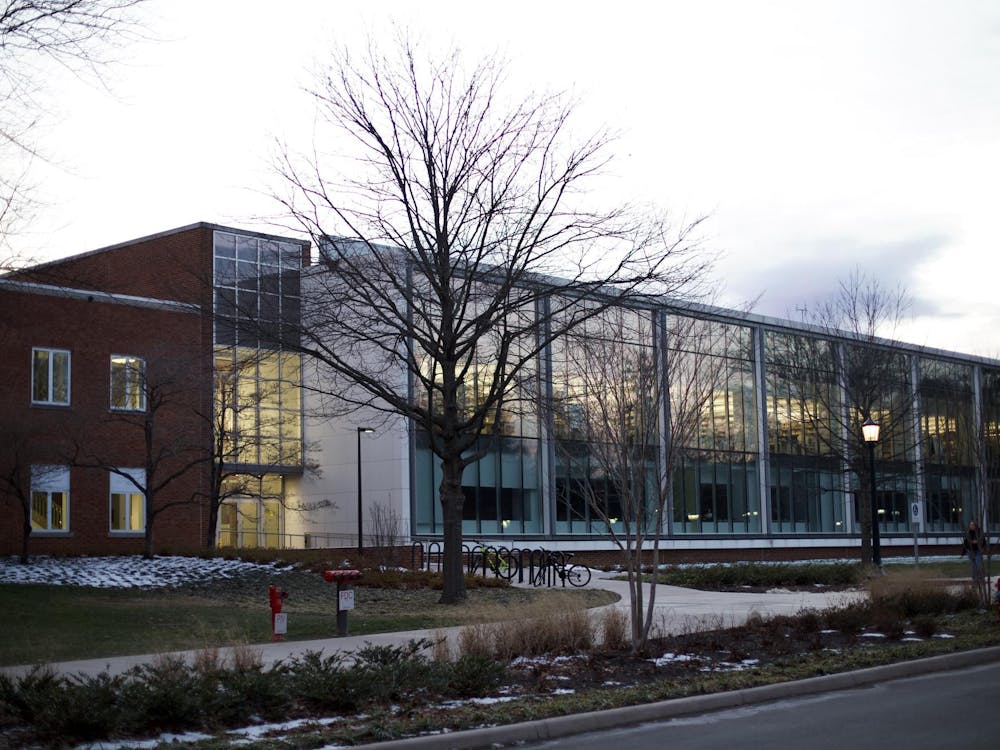With President Obama delaying executive action on a watered down version of an already compromised immigration bill, the paralysis of national progressive politics seems fully complete. There’s no denying the past few years have been crushing for the left, but amid the rubble of the Great Recession, there are hopeful signs the left is arriving at a day of reckoning with the Third Way policies that left the progressive movement intellectually, morally and economically bankrupt. From Chicago to Charlottesville, American liberalism is slowly getting back in touch with its soul away from the glare of DC cameras.
New York’s Governor Andrew Cuomo might be the natural conclusion of the Democratic Party’s thirty years of selling out. While hiding behind a commitment to social issues like gun control, Cuomo shut down many of New York Mayor Bill De Blasio’s progressive reform projects, refused to allow New York City to set its own minimum wage, slashed spending for children and the disabled and proposed cutting estate, property and corporate taxes. He is, as journalist Eric Alterman states, the “perfect symbol of the transition of American liberalism from an ideology focused on the standing of working people to one based on issues of social and cultural freedom that do not interfere with anyone’s ability to make money hand over fist without paying too much of it in taxes.” Cuomo is being challenged in the Democratic primary, however, by the extraordinarily named law professor Zephyr Teachout. Where Cuomo seeks to provide a slightly diluted version of conservative ideology, Teachout supports public financing for elections, a “democratic economy,” and unwavering support for immigrant rights. It is unlikely that Teachout will succeed in her bid to defeat the well-funded incumbent, but any support will help derail Cuomo’s ambitions of national office and register backlash to Cuomo’s agenda. In losing, Teachout may still score a win for a progressive movement finally ridding itself of right-wing Trojan horses.
Chicago’s Rahm Emanuel is Cuomo’s ideological bedfellow but finds himself in a more dire predicament. Despite the liberal veneer of working in the Obama White House, Emanuel has implemented a raft of conservative policies, most controversially a program of mass closings for 50 public schools. After years of this aggressive agenda, Emanuel holds a 35 percent job approval rating and would be very vulnerable to a primary challenge from Chicago Teachers Union President Karen Lewis. An unabashed champion of public school funding, Lewis is a controversial figure in Chicago, but the degree of Democratic primary voters considering her suggests that the many Windy City progressives are ready to get back to their roots as champions of working class and poor communities.
Most encouraging of all is the bold grassroots action of the “Fight for $15” fast food strikes. Tired of working on or near minimum wage with little to no benefits, employees at McDonald’s and other fast food chains are demanding decent compensation for the value they provide. In what the New York Times called “the biggest wave of job actions in the history of the [industry],” victories are beginning to accumulate. Thirteen states have raised their minimum wages since the beginning of 2014, and despite the doomsaying of neoliberal economists, these states have actually experienced faster job growth than those states let their minimum wages decline with inflation. On the local level, municipalities like Seattle are leading the way on setting baselines as high as $15. After almost forty years of de-industrialization and outsourcing, the vast majority remaining American jobs are unlikely to be outsourced. Most crucially, these new living wage laws have the potential to be down-payments on a new democratic economy.
This new righteous progressivism is taking hold in Charlottesville as well. After decades of aggressive “law and order” politics and an incessant drive to expand the country’s penitentiaries, the tide finally seems to be turning against slash and burn “tough on crime” rhetoric. Led by the Black Student Alliance, a group of students marched on the Lawn last Friday to protest police brutality and the perverse ideology that underpins and enables it. In a sharp break with the insular debates about political correctness and identity politics that have defined much of mainstream campus liberalism since the 1990s, the protesters demanded real accountability and justice in law enforcement operations. Based on the wide coalition assembled and the tangible passion of the demonstrators, there is every reason to hope this could herald a new era for broader University political action.
To be sure, rose-tinted glasses aren’t warranted for examining a progressive movement that has spent the better part of forty years on the defensive. That said, coalitions of average working people are leading the mainstream left away from caring solely about the diversity of corporate boardrooms to instead focusing on the struggles of real people left behind by an often-brutal economy. National politics may stay mired in malaise and gridlock for a while yet, but in our states and cities, the American left is being reshaped from the ground up.
Gray Whisnant is an Opinion Columnist for The Cavalier Daily. He can be reached at g.whisnant@cavalierdaily.com.





